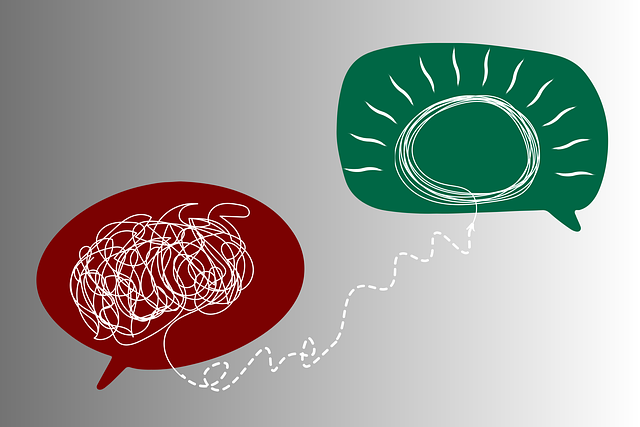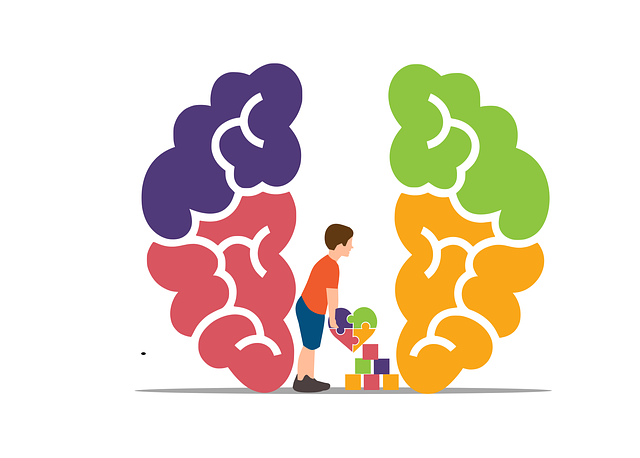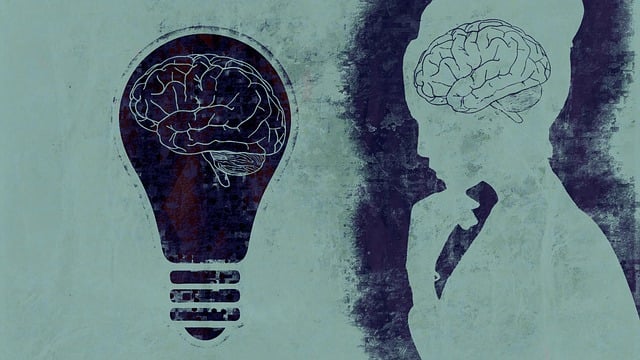Risk assessment is vital in mental health practice, especially for patient safety and guiding clinical decisions, as demonstrated by Parker Child Abuse Therapy (PCAT). PCAT offers a specialized, evidence-based approach to address child trauma and abuse, integrating techniques like TF-CBT and attachment-based interventions. By systematically evaluating risks and implementing preventative measures, PCAT creates supportive environments that foster growth, resilience, and long-term positive outcomes for diverse clients. Mental health professionals must adopt proactive risk management strategies, including setting clear boundaries, self-care practices, mindfulness, and conflict resolution techniques based on PCAT methodologies, to ensure well-being and integrity in their practice.
In the sensitive realm of mental health practice, risk assessment is a vital tool for ensuring patient safety. This comprehensive guide explores crucial aspects of risk management, specifically focusing on the specialized approach of Parker Child Abuse Therapy. We delve into understanding risk assessment fundamentals and provide effective strategies for professionals. By examining real-world cases, such as Parker’s innovative therapy methods, this article offers insights into navigating complex situations, ultimately enhancing practice outcomes and patient well-being.
- Understanding Risk Assessment in Mental Health Practice
- Parker Child Abuse Therapy: A Specialized Approach
- Strategies for Effective Risk Management
Understanding Risk Assessment in Mental Health Practice

In mental health practice, risk assessment is a critical component ensuring patient safety and guiding clinical decision-making. It involves systematically evaluating factors that may contribute to harm or exacerbate existing conditions, allowing professionals to implement preventative measures and effective interventions. This process includes identifying potential risks specific to each client, such as those associated with trauma histories or severe mental illnesses. By thoroughly assessing these risks, mental health practitioners can tailor their approach, whether it’s providing anxiety relief through therapy or designing comprehensive mental health education programs that cater to diverse needs.
Understanding risk assessment is particularly vital for professionals specializing in areas like Parker Child Abuse Therapy, where the well-being of young individuals is at the forefront. These experts must be adept at recognizing and managing complex emotional healing processes, considering both external factors and internal vulnerabilities. Through rigorous risk assessments, they can create supportive environments that foster growth and resilience while mitigating potential risks, thereby enhancing long-term positive outcomes for their clients.
Parker Child Abuse Therapy: A Specialized Approach

Parker Child Abuse Therapy (PCAT) is a specialized approach within mental health services designed to address the unique needs of children who have experienced abuse or trauma. This method goes beyond traditional therapy by integrating evidence-based practices and a child-centric focus to promote healing and restore emotional well-being. PCAT considers the complex dynamics between abusers, victims, and bystanders, ensuring that risk assessment for mental health professionals is comprehensive and nuanced.
By employing techniques such as trauma-focused cognitive behavioral therapy (TF-CBT) and attachment-based interventions, PCAT aims to break intergenerational cycles of abuse. Mental health policy analysis and advocacy play a crucial role in ensuring these specialized services are accessible and adequately funded. This holistic approach not only supports the immediate emotional needs of children but also fosters long-term resilience and healthy relationships.
Strategies for Effective Risk Management

Mental health professionals encounter diverse risks daily, making effective risk management crucial for their well-being and practice integrity. A robust strategy involves a combination of proactive measures and reactive interventions. Firstly, establishing clear boundaries is essential. Professionals should define their work limits, including caseload capacity and working hours, to prevent burnout. Regular self-care practices, such as Mental Wellness Journaling Exercises, can help maintain balance. Engaging in activities that promote Mind Over Matter principles, like mindfulness or meditation, further enhances resilience.
Additionally, equipping professionals with Conflict Resolution Techniques is vital. These skills enable effective navigation of challenging interactions with clients, colleagues, or supervisors. Regular training sessions on these techniques, inspired by methodologies like Parker Child Abuse Therapy, can equip mental health workers to manage risks proactively and foster a healthier work environment.
Mental health professionals, like those utilizing specialized practices such as Parker Child Abuse Therapy, must be adept at navigating risk assessment and management. By understanding these concepts and implementing effective strategies, practitioners can ensure safer environments for clients while fostering positive outcomes. Incorporating tailored approaches, like Parker Child Abuse Therapy, allows for enhanced care, demonstrating the importance of continuous learning and adaptability in mental health practice.














